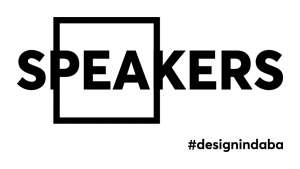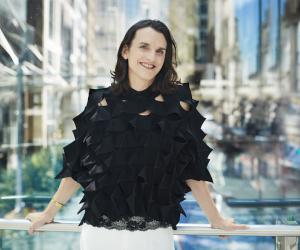From the Series
TL Uglow ("Tea", like the drink) is the creative director of Google's Creative Lab in Sydney. She works with cultural and creative organisations around the world exploring the space between technology and the arts and what can happen where they intersect. In May 2016 she spoke at the Sydney Writers Festival on doubt as a creative catalyst. During the talk Tea acknowledged that she is transgender, and transitioning. The talk was made into a book, and you can listen to the full podcast here. Tea will be speaking at Design Indaba 2017.
While society generally adopts the value of logic and certainty, we grow because we doubt. Humans have not spent millennia traversing oceans and experimenting with explosives because of confidence in their beliefs. Culture and science are rooted in unknowns, and when we accept doubt we are more creative and generous, more human. Self-doubt is often the villain of general aphorisms, but what would life without doubt look like? In her Sydney Writers' Festival talk, Tea Uglow looked at how writers, philosophers and scientists across the ages have tackled the indecision and uncertainty in the engine room of humankind.
We do not live in a world of reason or order. We are not masters of the cosmos. We are small bags of water and carbon and a bit of protein, held to a bit of rock, circling a very average star. The most interesting part of all of that is that we can contemplate that at all and still be inspired to doubt our conclusions. – Tea Uglow
In the course of the 40 minute talk, Tea covers human consciousness, cat memes, Santa Claus, principles of gravity, body language and the space-time continuum, all with her characteristic humour and charm. By the end of her investigation into trust, doubt and belief, the only thing that you can be certain of is that consciousness is a fantastical and extraordinary thing and that although creativity may one day be simulated (robots may soon be writing beautiful poems and painting beautiful pictures), the ability to perceive, question and react to creativity remains entirely human.








